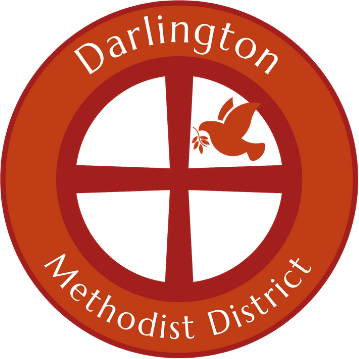Re-Imagining Discipleship
Methodist Way of Life Pilgrimage Eco Church & Discipleship Justice, Dignity & Solidarity Action for Hope
Methodist Way of Life
The calling of the Methodist Church is to respond to the gospel of God's love in Christ and to live out its discipleship in worship and mission.
God loves you unconditionally, no strings attached. That's the good news.
In response to this gift, there are twelve things that we do individually and together as we grow as followers of Jesus, which help us to worship God, serve others, be evangelistic, and learn and care together. None of this makes God love you anymore – but they may help you realise how deeply you are loved by God. As far as we are able, with God's help, we:
- We pray daily
- We worship with others regularly
- We notice God in Scripture and the world
- We care for ourselves and those around us
- We learn more about our faith
- We practise hospitality and generosity
- We will help people in our communities and beyond
- We care for creation and all God's gifts
- We challenge injustice
- We tell of the love of God
- We live in a way that draws people to faith
- We share our faith
For more detailed information https://www.methodist.org.uk/our-faith/a-methodist-way-of-life/ and resources https://www.methodist.org.uk/faith/a-methodist-way-of-life/resources-for-a-methodist-way-of-life/
In our District we have many available resources that enable exploration of this discipleship pathway, Please ask Helle Sewell about them.
Pilgrimage
In Darlington District, pilgrimage is an opportunity for people to gather across the area and pilgrim together.
A pilgrimage can be defined as any journey made with a sacred purpose or intention. The Old Testament contains many accounts of those who were called by God to undertake what were often long and arduous journeys. Adam and Eve, Noah, Abraham, and Moses are just some of the many biblical characters who left the comfort and security of home to journey into the unknown. As it turned out, these journeys were to prove critical to their spiritual formation, as it was during these journeys that they learned to trust God, to listen to God's voice, and to depend upon God in whatever circumstances they found themselves.
Once God's people had settled in the land that we know today as Israel/Palestine, the memories of the journeys their ancestors had made were memorialised through the liturgy of the Temple and a yearly calendar of religious festivals, that gave rise to the tradition of pilgrimage. "Going up to Jerusalem" to celebrate the festival of Passover became the high point of the year, as Jewish males from all over the country made the journey to worship at the Temple.
It's therefore not surprising that as early Christianity developed, the practice of pilgrimage was adopted by Christians as they undertook journeys to the sites associated with the life, death and resurrection of Jesus. Over the centuries, as the Christian faith spread across Europe, cities such as Jerusalem, Rome, Santiago de Compostella and Canterbury all became important pilgrimage destinations. Many centres of pilgrimage sprang up because they were associated with the life of a particular saint – for example; Santiago de Compostella with St James, and Canterbury with St Thomas Beckett.
We may wonder what it was that drew pilgrims over the past thousand years and more, to leave behind home and family, to undertake a perilous journey, from which they might never return, to a city or a site considered especially holy by the church authorities of the day. What was their purpose or intention in making their pilgrimage?
Many pilgrims sought absolution of their sins; others sought healing for themselves or a loved one; still others wanted to offer thanks for a good outcome, the birth of a child, or a promise fulfilled. Pilgrimage was rarely undertaken on a whim. Pilgrims would have given much thought and prayer to what it was they were seeking in making their pilgrimage.
Today, pilgrimage is undergoing something of a renaissance. In 1985, just 690 pilgrims made their way by foot or cycle to Santiago de Compostella in Northern Spain. In 2017, over 300,000 pilgrims made that same journey. In recent years, the renewed interest in pilgrimage has coincided with the release of numerous films, television documentaries and books on the subject. Many modern pilgrims would not necessarily describe themselves as religious. Many pilgrims still walk for religious or spiritual reasons, whilst others go on pilgrimage to find time and space to consider a life changing decision, or because they are trying to come to terms with loss. For some it's all about the physical challenge, or simply for the sense of adventure the journey brings.
It's important to understand that the pilgrimage doesn't end when you reach your destination – so neither does the journey of your spirit. Our life itself is a pilgrimage in which God invites us to remain attentive to the divine presence at every moment and in every experience. Pilgrimage is a lifelong adventure – the path is rarely easy or clear, but we can be thankful for our companions on the Way, and in the final words of John Wesley, "The best of all is, God is with us".
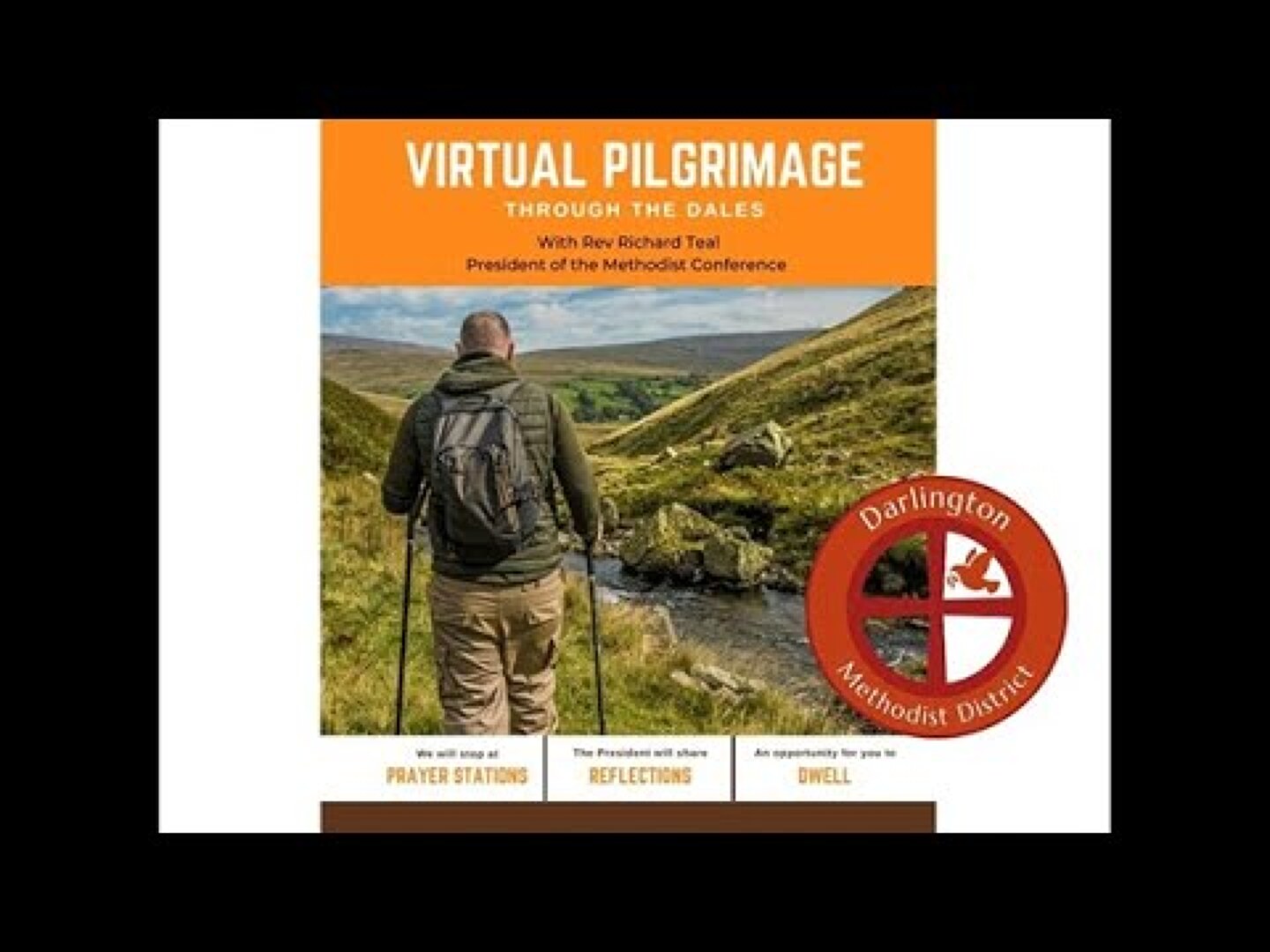
The Way of Life pilgrimage Summer 2021
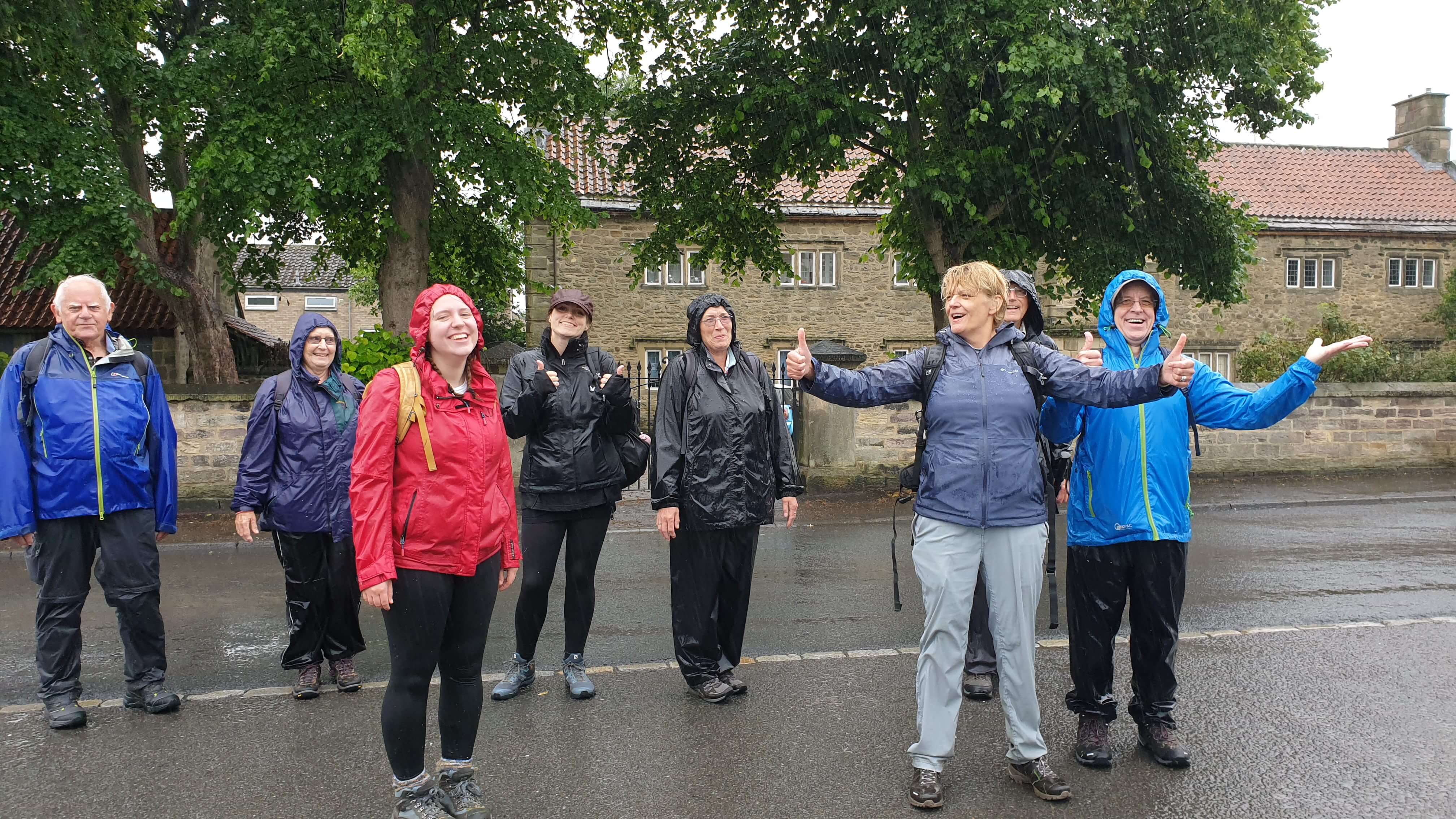
The Way of Love pilgrimage Summer 2022
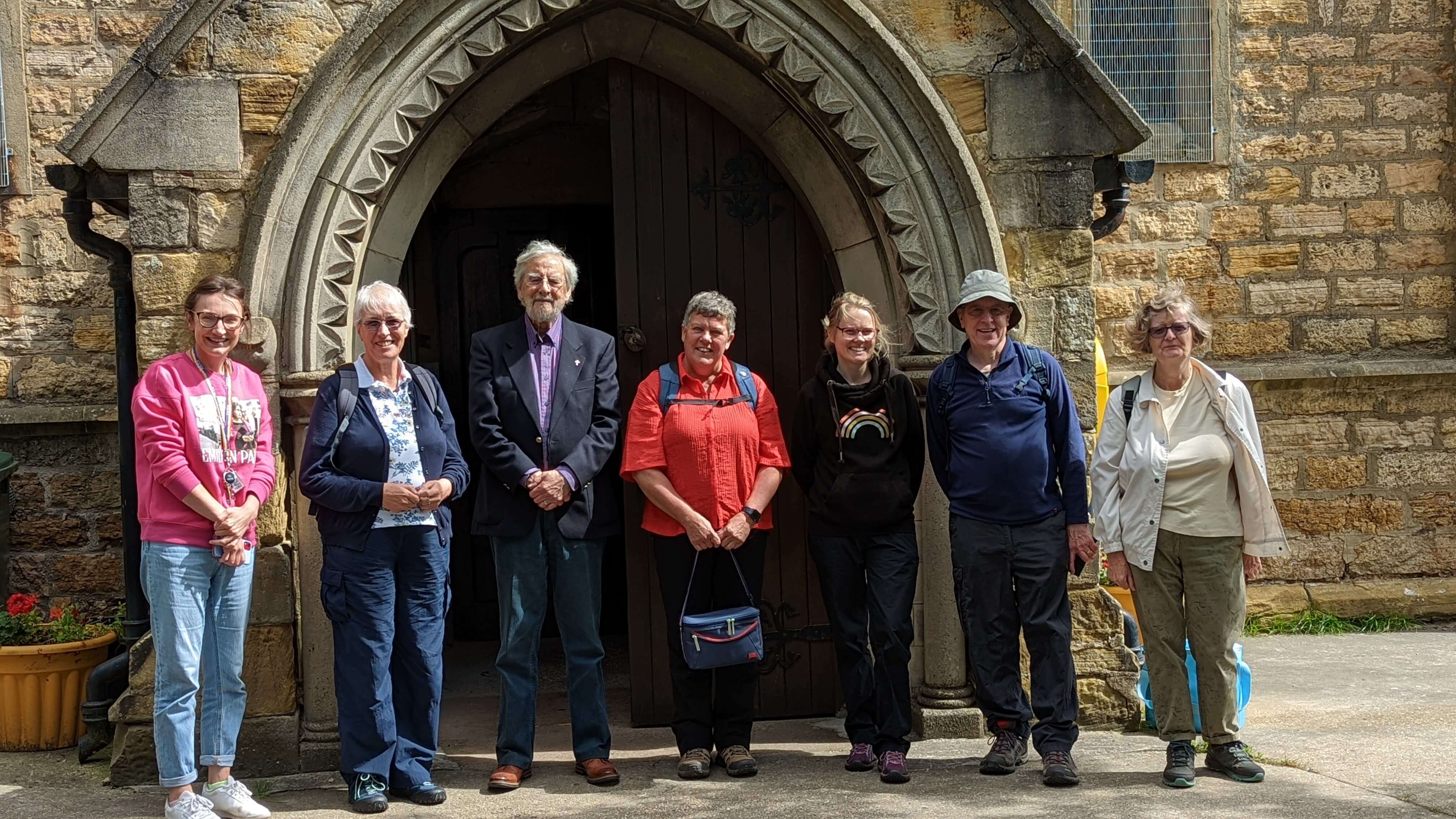
Pilgrimage for Justice Summer 2023
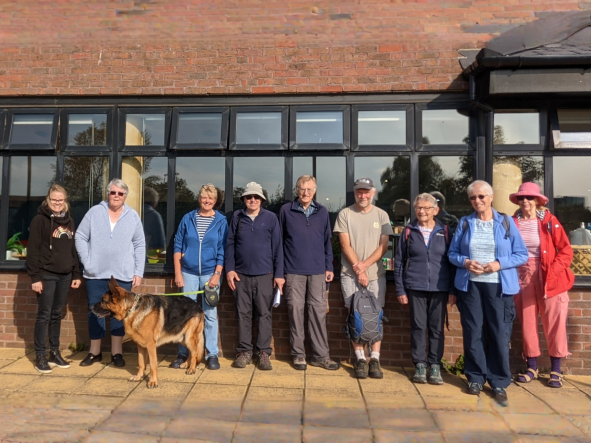
Footsteps of Faith Pilgrimage 2024
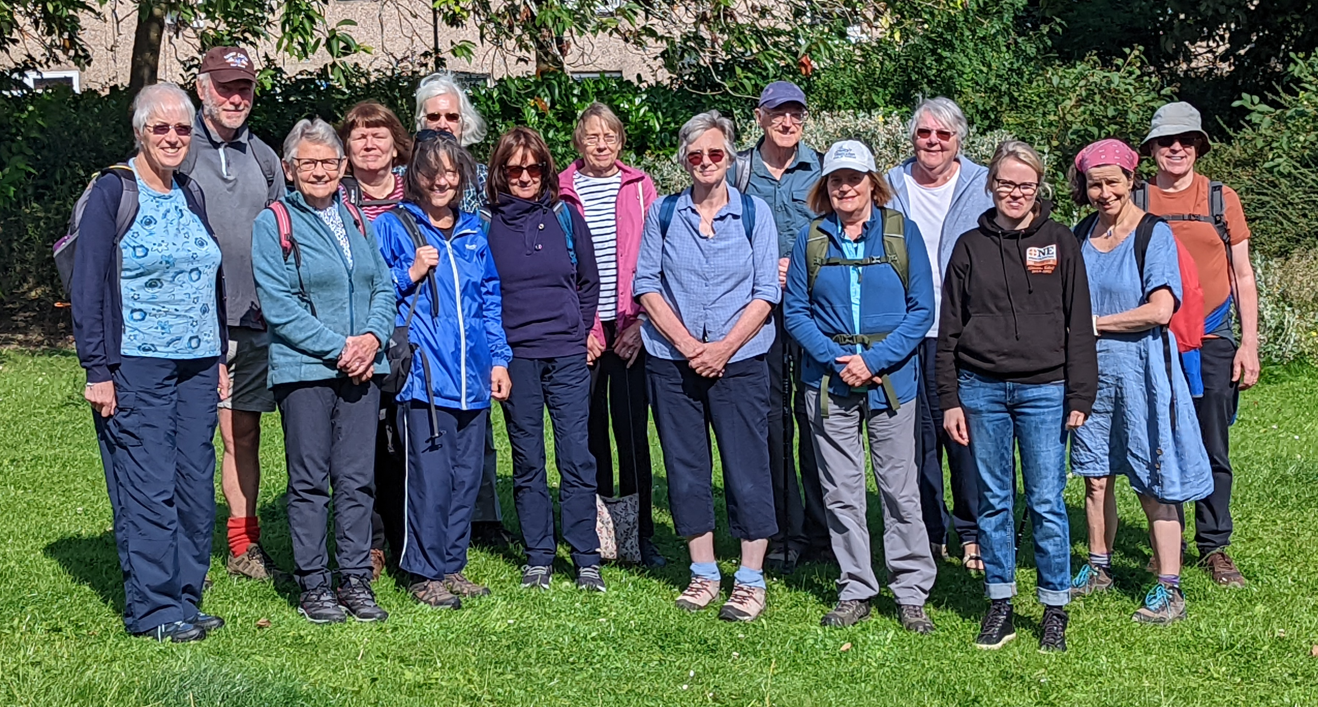
In Darlington District we aim to offer at least one pilgrimage a year. The Methodist Church website offers more information on pilgrimage .
Get in touch with Helle Sewell or Rev John Howard-Norman for further information. You can also check out the Darlington District Facebook page for any advertisements for future pilgrimages.
Eco Church and Discipleship
Take action and become an Eco Church
Methodist Eco District and Eco Circuit
A Rocha UK's award scheme for Churches in England and Wales
Justice, dignity and solidarity
The Inclusive Methodist Church
In our District the reps for EDI are Rev Sarah Ramsden and Rev Vincent Jambawo.
Action for Hope
With the endorsement of the Conference, The Methodist Church is working with Faith Invest who run the Faith Plans programme which help faiths to use their assets, investments and influence to drive practical action to benefit people and the planet.
The programme involves each religious group developing a long-term action plan to determine how they will manage their assets and resources over the next seven to ten years. The Methodist Church are calling our plan Action for Hope.
https://www.methodist.org.uk/action/climate/action-for-hope/
Contact us
Darlington Methodist District Office
Elm Ridge Methodist Church
Carmel Road South
Darlington
DL3 8DJ
